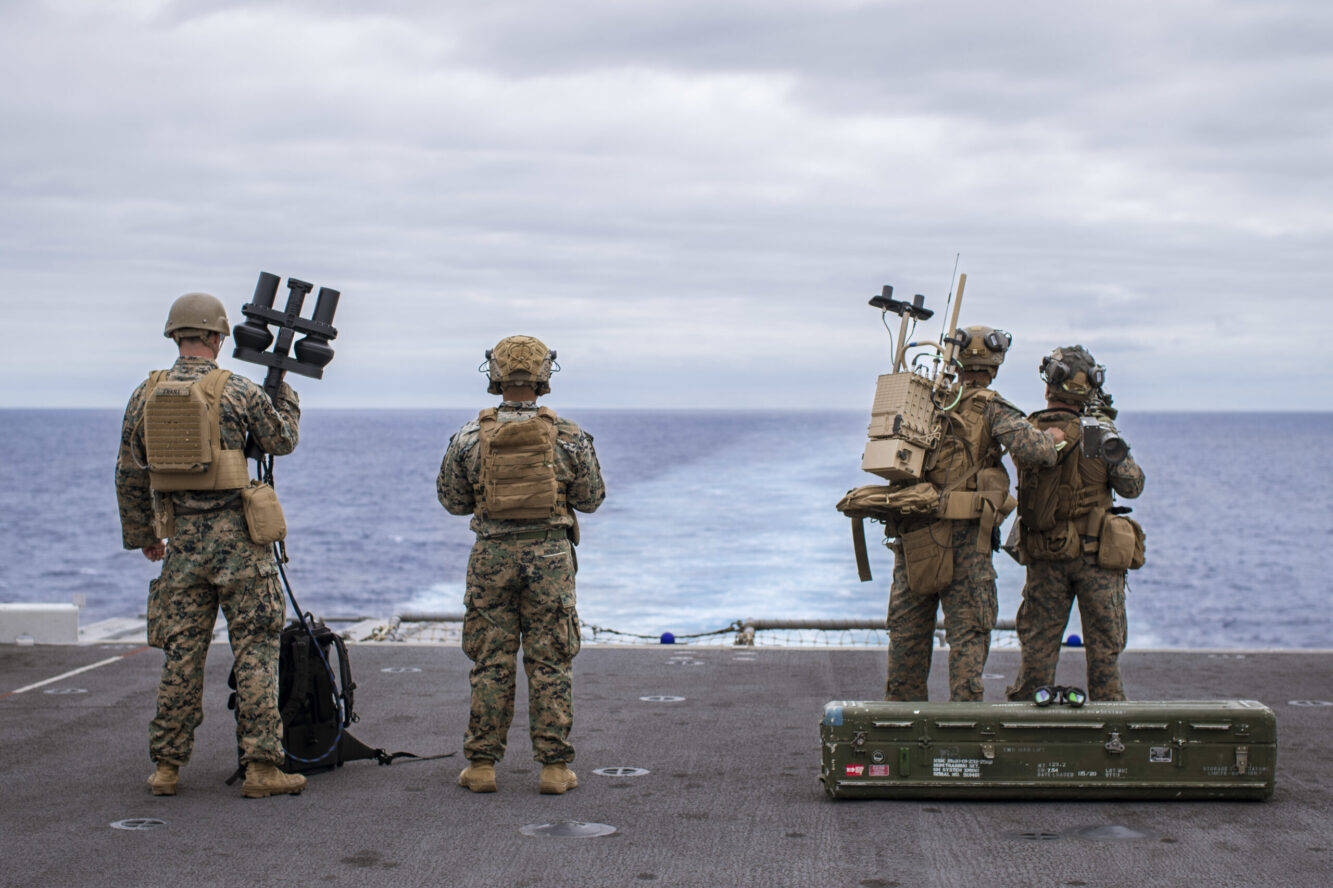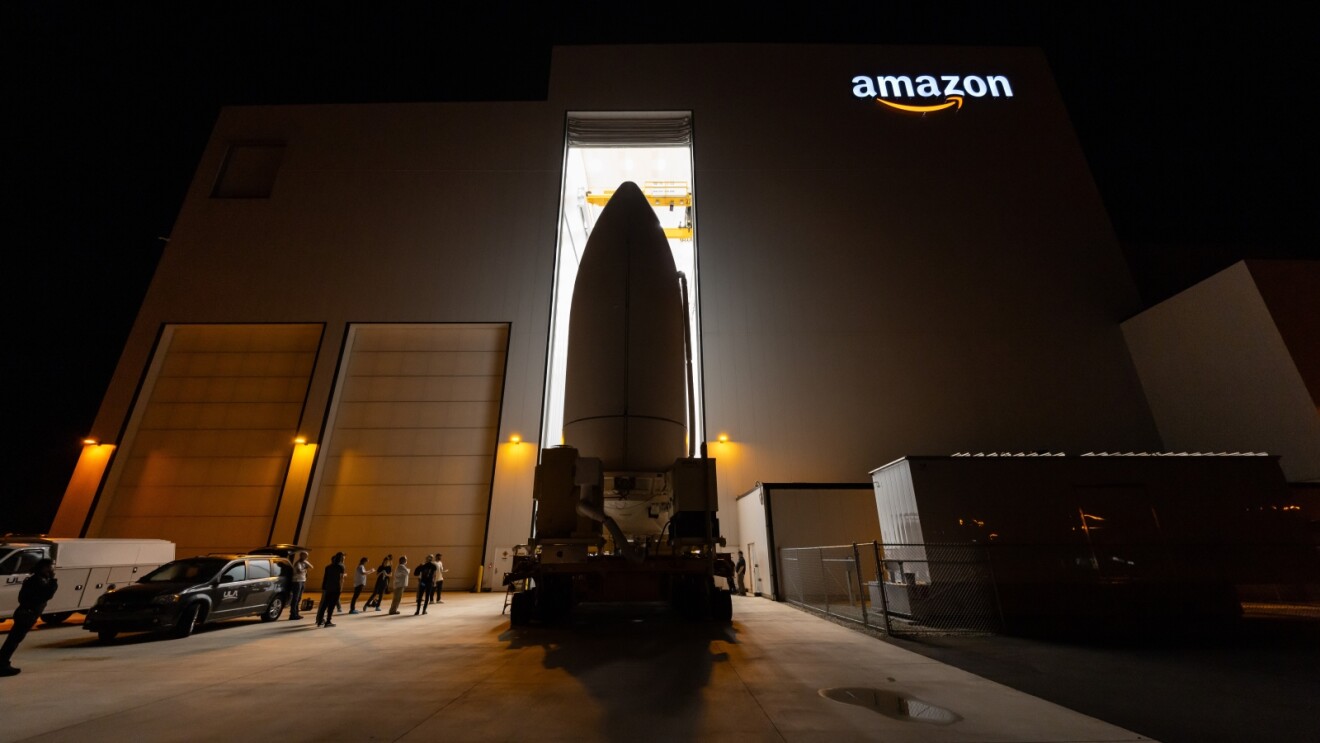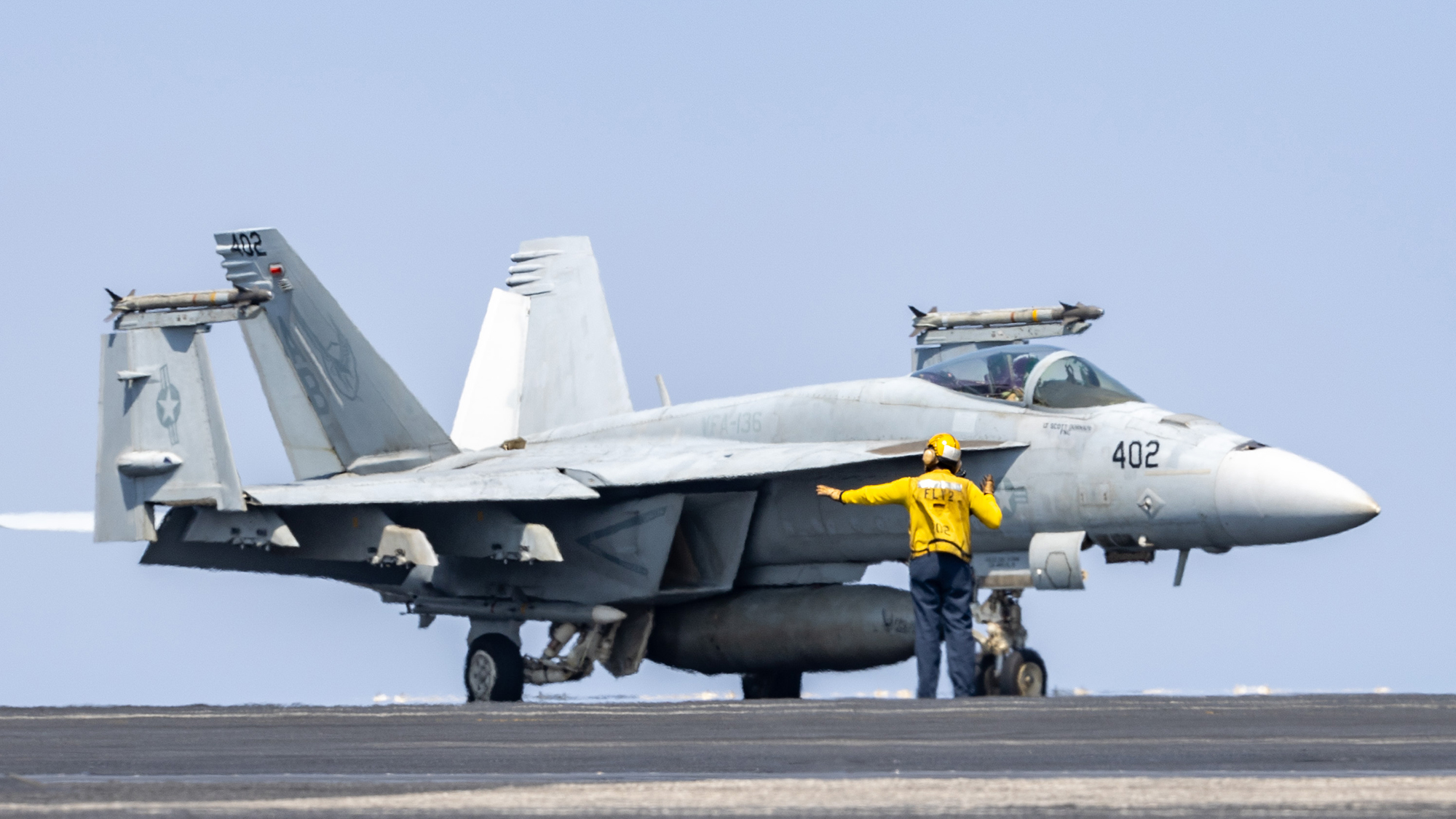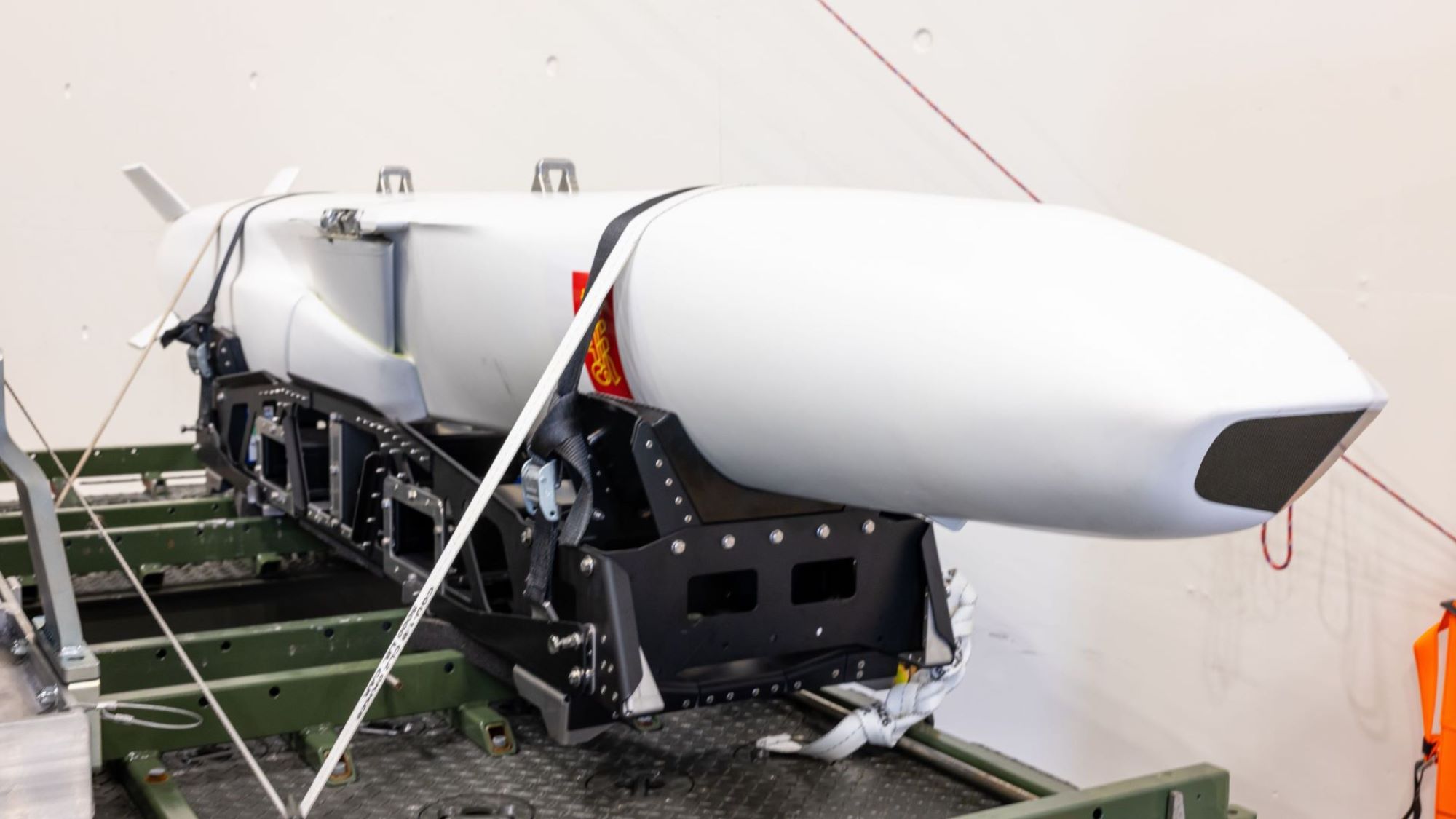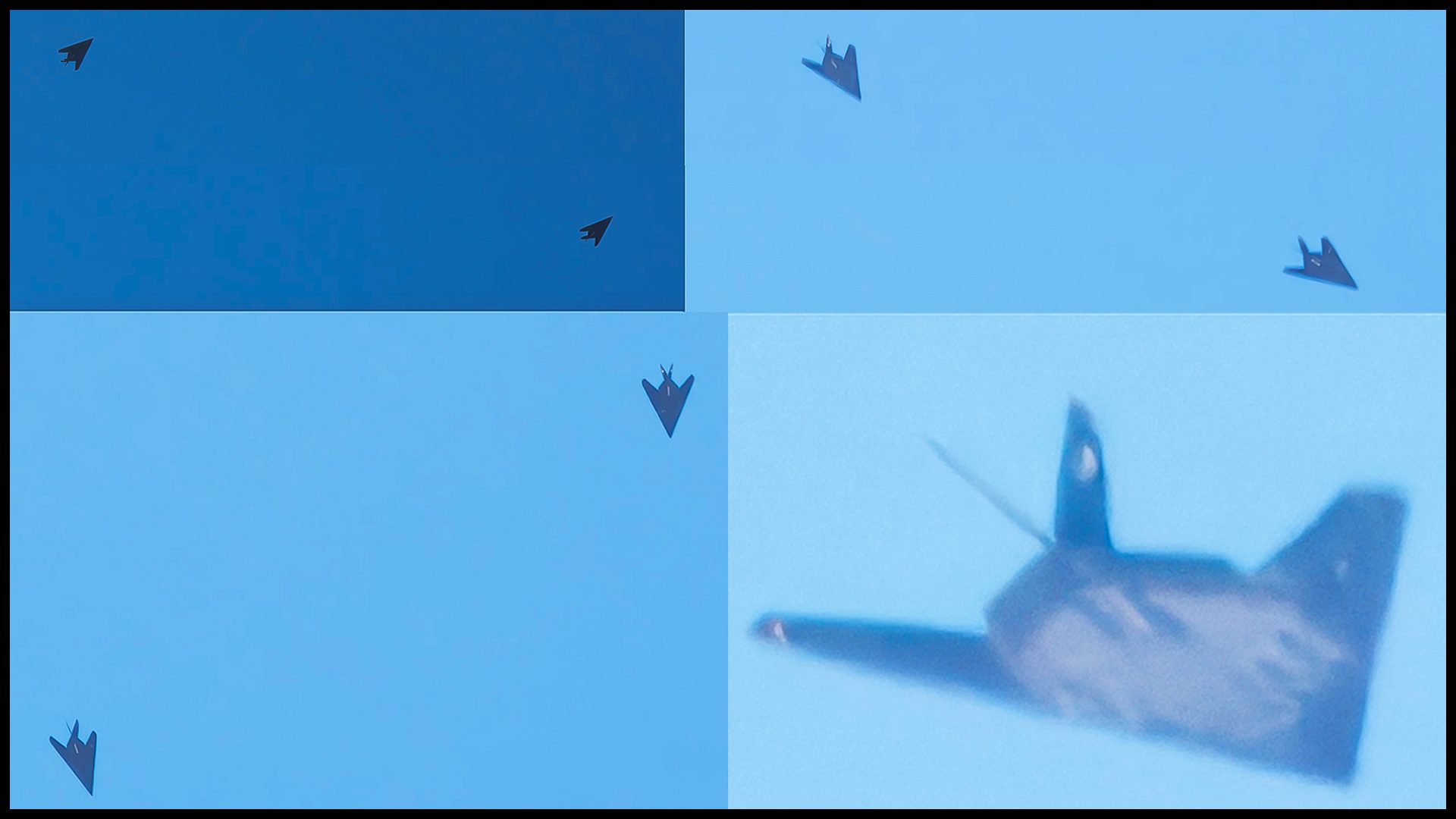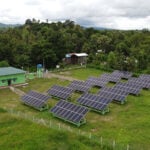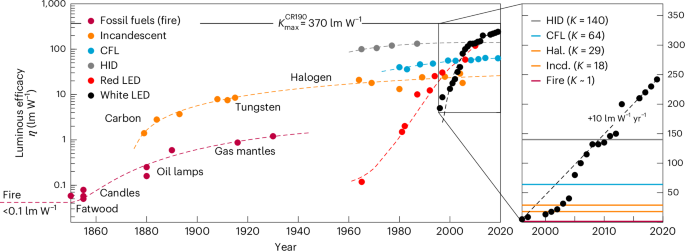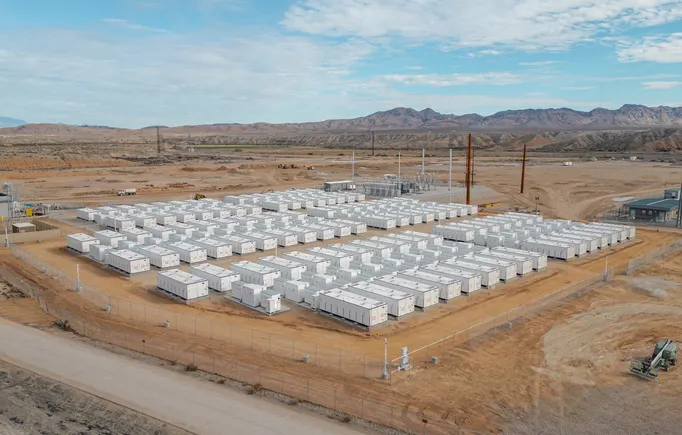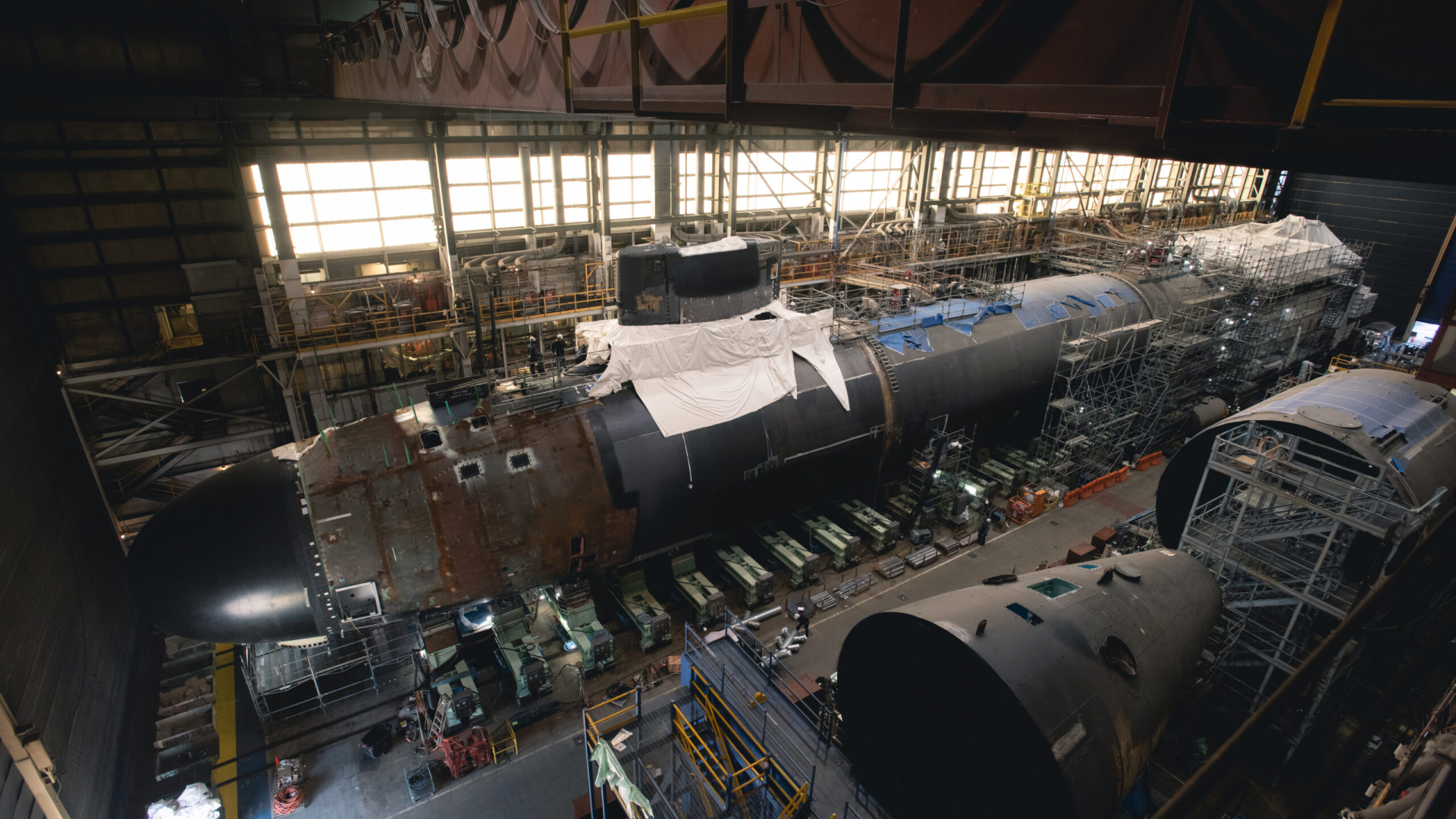Defense tech company Epirus delivers counter-drone swarms to Navy
The tech was delivered to a Navy warfare center and has been previously picked up by the US Army.
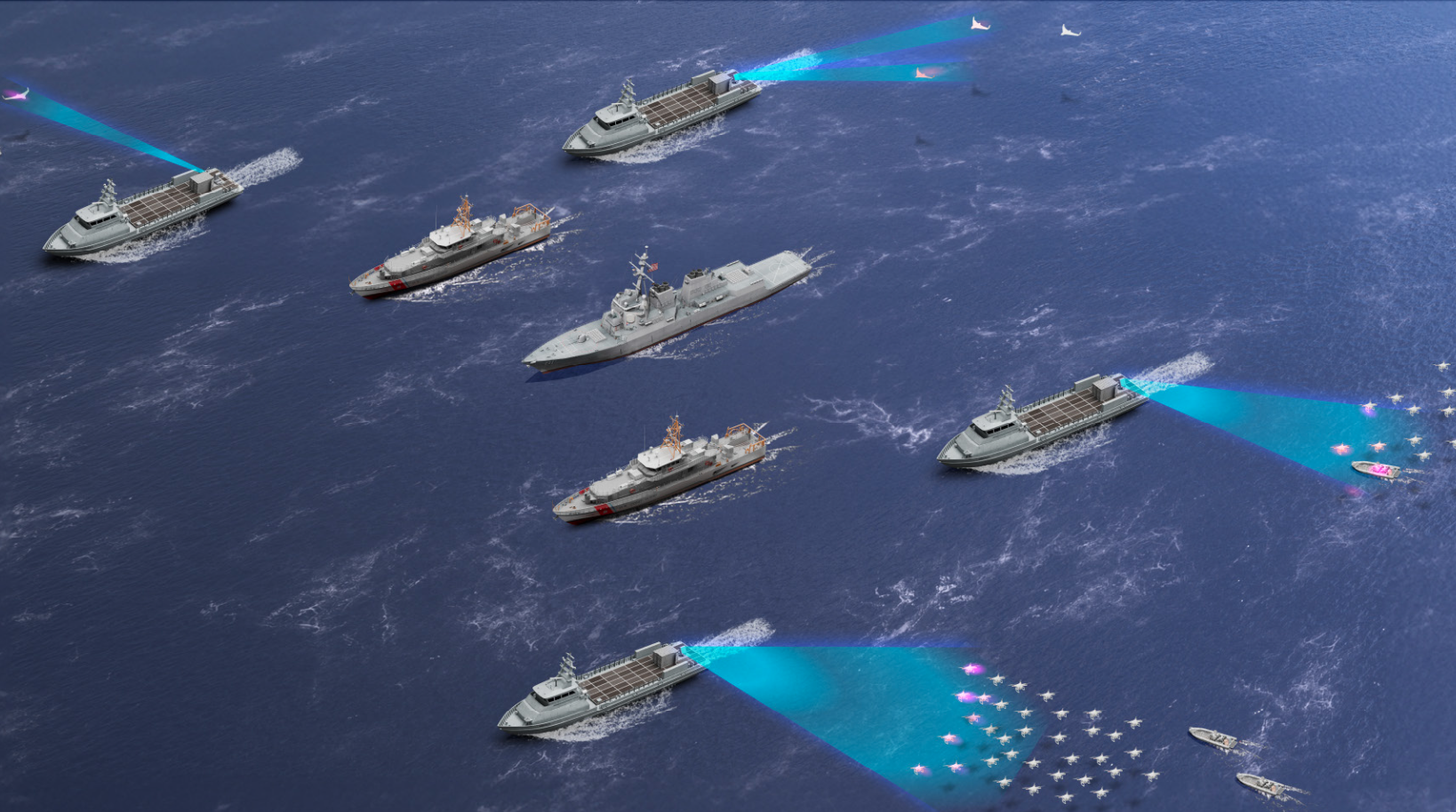

An artist’s rendering of Epirus’ high-power microwave technology being used by Navy warships. (Provided by Epirus.)
MODERN DAY MARINE 2025 — Defense tech contractor Epirus today announced it delivered a counter-drone capability to one of the Navy’s warfare centers following demonstrations last year of the company’s Leonidas Expeditionary system.
Expeditionary Directed Energy Counter-Swarm (ExDECS) is derived from Epirus’s Leonidas and was developed through a contract with the Office of Naval Research. It is a high-power microwave capability designed to fend off the kinds of attacks the Houthis have been using in the Red Sea involving explosive unmanned surface vessels and aerial drones. This time last year Epirus was preparing to demonstrate its Leonidas system, as Breaking Defense reported.
“Drone warfare is changing the fight — fast. Systems like ExDECS give Marines a decisive advantage by neutralizing multiple electronic threats at once with a single system — what we call a one-to-many capability,” Andy Lowery, CEO of Epirus, said in a statement. “This delivery is a critical step toward fielding non-kinetic counter-swarm solutions that enhance the mobility, survivability, and lethality of our Marine forces.”
Lowery told Breaking Defense last year that his company’s technology temporarily disables a hostile asset — such as the engine of an unmanned surface vessel — while remaining harmless to humans.
The ExDECS prototype was delivered to the Naval Surface Warfare Center Dahlgren in Virginia where the system will “support the U.S. Marine Corps’ experimentation objectives to evaluate the benefits of HPM to the Low Altitude Air Defense (LAAD) mission and enhance Ground Based Air Defense (GBAD) capabilities,” according to Epirus.
Epirus’s technology was previously picked up by the US Army through a 2018 competition by the service’s Rapid Capabilities and Critical Technologies Office. That competition led to a subsequent contract to Epirus for at least four production units, as well as contracts to several other companies.


























































































